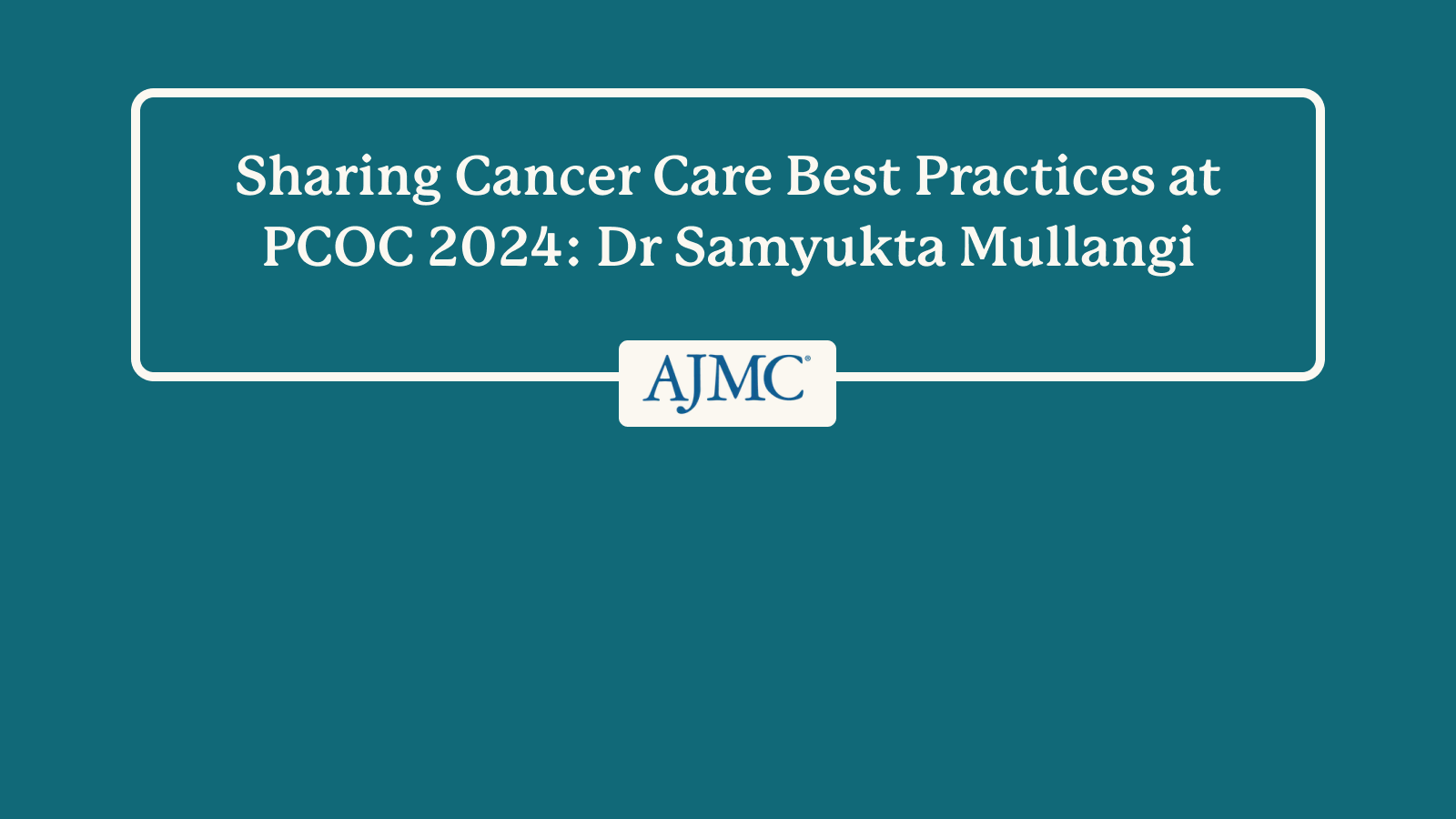Sharing Cancer Care Best Practices at PCOC 2024: Dr. Samyukta Mullangi
Patient-Centered Oncology Care® (PCOC) 2024, a leading oncology conference, is set to convene in Nashville, Tennessee, from September 12th to 13th. This meeting will bring together top experts in the field to discuss cutting-edge advancements aimed at improving patient outcomes and quality of life in oncology care.
Samyukta Mullangi, MD, MBA, medical director at Thyme Care will be participating in a panel discussion about the new principal illness navigation codes (PIN) and their potential impact on the enhancing oncology model. The panel will discuss whether these codes will create a significant change in practice or if they are just a starting point.
This transcript has been lightly edited for clarity.
What are you most looking forward to at Patient-Centered Oncology Care, or PCOC, next month?
I love the PCOC conference. Every year, I think it is such an opportunity to meet with industry leaders across oncology, thinking about where are the areas of innovation, interest, energy, investment, and really sharing notes.
I think there are not enough opportunities to be honest in terms of knowledge sharing, but AJMC's PCOC fulfills a really important niche in doing that. I think sharing best practices is just lifting all boats, so I'm very excited to see everybody.
Could you give a preview of what will be discussed during your panel, "The New Math: What Does PIN Mean to the Enhancing Oncology Model?"
Yeah, I'm in conversation with several community practice leaders talking about the new principal illness navigation codes that CMS introduced in January of this year. Those codes came with a big wave of excitement because formerly, there wasn't really a formal reimbursement structure for patient-oriented navigation, specifically. Even though there were sort of echoes of this within existing programs like the [Chronic Care Management] and [Principal Care Management programs], but I think there is a unique opportunity here.
What we're going to be talking about is whether these codes are going to create that wave of change, or whether they are a starting point, but potentially not enough to change practice. I think that's a very thorny and interesting conversation to get into so I'm really looking forward.

